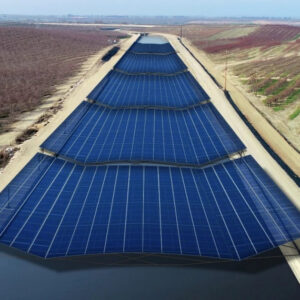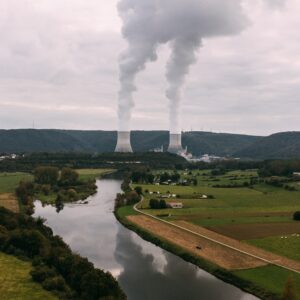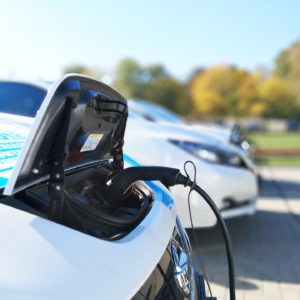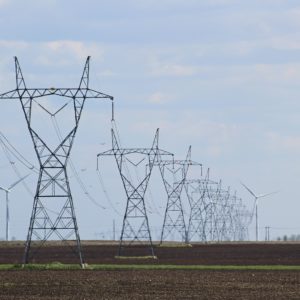"The automaker said Monday it is forming a joint venture with LG Energy Solutions to supply the North American market with 'pouch type' batteries to power electric vehicles from its Honda and Acura brands. A location for the $4.4 billion factory has not been announced."
In a US first, California will pilot solar-panel canopies over canals
"India already has solar panels over canals, but the mile-long Project Nexus in California’s San Joaquin Valley will be the first of its kind in the US."
Western Countries Breathe New Life Into Old Nuclear Plants
"The cost of keeping reactors open also compares favorably with replacing them with other low-carbon sources of electricity such as wind turbines and solar panels that suffer from the unpredictability of the elements, says the International Energy Agency. Nuclear power produces close to zero emissions of carbon dioxide, the main gas that scientists say is causing the Earth to warm."
Jackson, Miss., Is Out of Running Water After Treatment Plant Pumps Fail
"A possible failure at the plant had been looming for weeks. Mr. Reeves said the facility had been operating on small backup pumps after the main pumps were severely damaged. He added that city officials had agreed to pay for half of the emergency improvement costs at the plant."
This Seattle startup wants to make it easier for people to help combat climate change
"Earlier this year, GetGreen held a pilot program with students at the University of Washington where they could fund campus sustainability projects with the green 'leaves' they earned. After two months, each student completed about 30 actions, helping avoid more than 10 tons of carbon emissions."
Eclectic, Not Electric
"Attempts to lower emissions in the United States shouldn’t overlook this research. Focusing on battery-powered electric vehicles may neglect more fruitful means of emissions reduction. As the researchers write, 'the future is eclectic, not electric.'"
Farmers can now grow fruits, vegetables, and carbon credits
"One reason ProducePay has faith a carbon crediting system for produce growers will succeed is a feasibility study that identified that many growers were already implementing many sustainable agricultural practices."
Is it Time to Move on From Artificial Turf?
As municipalities look to become more eco-friendly a switch to grass may be beneficial to the environment and local ecology. In the case of the NFL, it may just lead to fewer injuries of the league’s greatest superstars.
This 17-Year Old Created An AI-Powered App To Help Farmers The World Over
"Nathan’s goal is to continue to build out the capabilities of InvasiveAI to create a platform that will enable farmers worldwide to fight invasive species cohesively, with proper support and aid."
Embattled Maine power line foreshadows U.S. climate obstacles
Benjamin Storrow of E&E News reports on a power line in Maine that would deliver clean energy to the state. “Experts say new transmission is needed not only to connect clean energy projects to the grid, but to ship electricity back and forth across regions to accommodate fluctuations in renewable output. When the National Academies...









